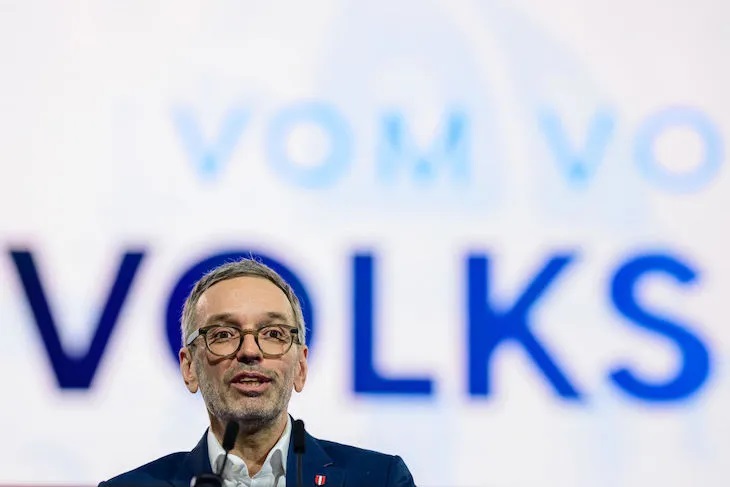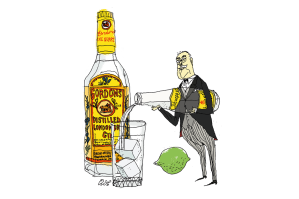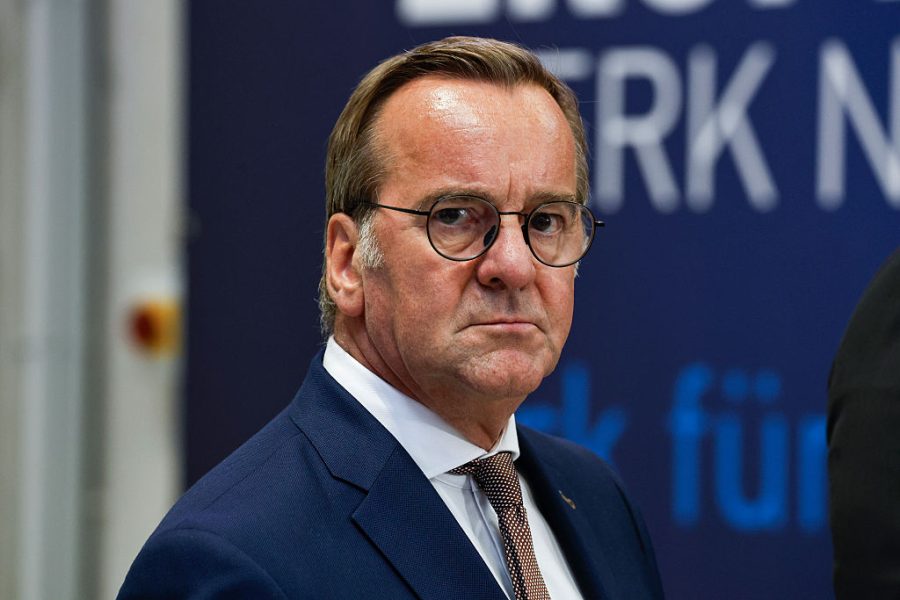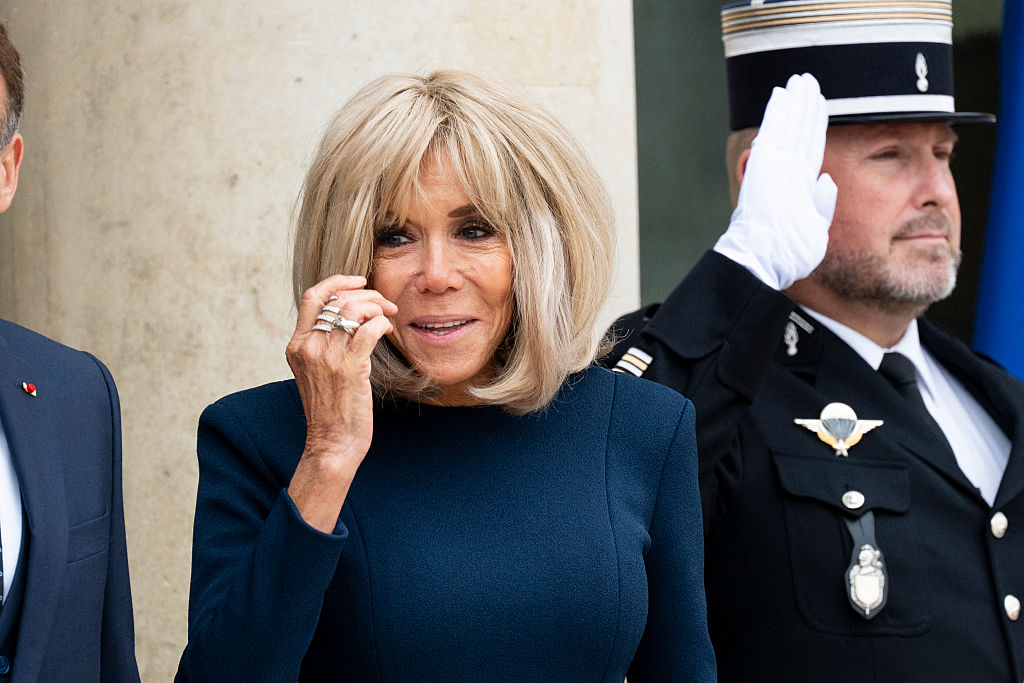Amid all the focus on the triumph of Germany’s Alternative für Deutschland (AfD) in Thuringia’s local state elections earlier this month, less attention has been paid to another upcoming European election in which the far-right is expected to do well: the general elections in Austria on September 29.
Kickl has made opposition to immigration the main platform of his appeal to voters
Just as the polls in Thuringia and neighboring Saxony saw a dramatic rise in support for the hard-right AfD — with the party also set to win in Brandenburg’s state elections later this month — the Austrian Freedom Party (FPÖ) is forecast to triumph and hoover up a quarter of all votes cast. As with other recent elections elsewhere in Europe, the issue of immigration has dominated debate. The FPÖ, which is led by Herbert Kickl, has benefited greatly.
Unlike the AfD, a pop-up populist party founded only in 2013, the FPÖ has deep, and troubling, roots in Austrian politics. The party began life after World War Two as an alternative to Austria’s two main parties: the Social Democratic “Reds” (SPÖ), and the conservative Catholic “Black” People’s Party (ÖVP). In the homeland of Adolf Hitler, there were still plenty of Nazi sympathizers around, and the first two FPÖ leaders were not only former Nazis, but had both been high-ranking members of Himmler’s SS.
By the early 1980s, however, the FPÖ had morphed into an impeccably liberal middle of the road party, and had even been admitted to the Liberal International alongside Britain’s Liberal Democrats. It was then that the party fell into the hands of a charismatic young politician, Jorg Haider, who steered it back to its far-right origins.
Both of Haider’s parents had been Nazi Party members, and he made little secret that his own sympathies tended in a similar direction, attending reunions where former SS men were present, and praising Hitler for getting rid of unemployment.
But, however toxic to Austria’s mainstream establishment, Haider’s strident populism and his anti-immigration message proved electorally appealing; by 2000, the FPÖ had harvested enough votes to become the junior partners to the ÖVP in a coalition government. Even though Haider did not personally join the government, the inclusion of the FPÖ proved too much for the European Union. Austria was labeled a pariah state. The prospect of EU economic sanctions loomed over Vienna.
That first coalition proved short lived, and Haider’s abrasive personality, and his extremism, caused a split in the FPÖ, when he flounced off to form his own breakaway movement before his death in 2008 in a car crash. The party dropped to ten percent in the polls; it’s future looked bleak.
But the issue of immigration would not go away, and under a new leader, Heinz-Christian Strache, the FPÖ steadily rebuilt its fortunes, adopting the provocative slogan: “We won’t become a minority in our own land.”
In 2017, the FPÖ again became junior partners in a new coalition with the ÖVP, and Strache himself was appointed vice-chancellor to the youthful Sebastian Kurz. The EU was unhappy, but the coalition proved short-lived anyway because of its own self-inflicted scandals. In 2019, Strache was caught up in a sting on vacation in Ibiza in which the politician was recorded offering government contracts to a fake journalist in exchange for favorable publicity for his party. The FPÖ chief resigned in disgrace and the coalition collapsed.
The Ibizagate scandal effectively ended Strache’s career as well as the Kurz government. But, yet again, the FPÖ rose from the ashes with a new leader: Herbert Kickl, a former speechwriter for Haider who had served as a hardline anti-immigration interior minister in the Kurz government.
Like Strache and Haider before him, Kickl has made opposition to immigration the main platform of his appeal to voters, reminding them that as minister he had labeled hostels housing illegal migrants “departure centers.” In the pandemic, he took a strong anti-vaccine line.
None of this controversy and fiery rhetoric has harmed the FPÖ’s standing with voters; indeed, quite the opposite: this month’s election looks likely to bring the party back to power as the senior partner in a new coalition with the ÖVP. Austria’s Green Party aligned president, Alexander von der Bellen, may have to brace himself to name Kickl as chancellor. Austria could become the latest European domino to fall to the hard right over immigration.
This article was originally published on The Spectator’s UK website.

























